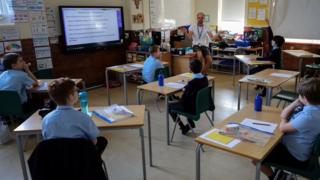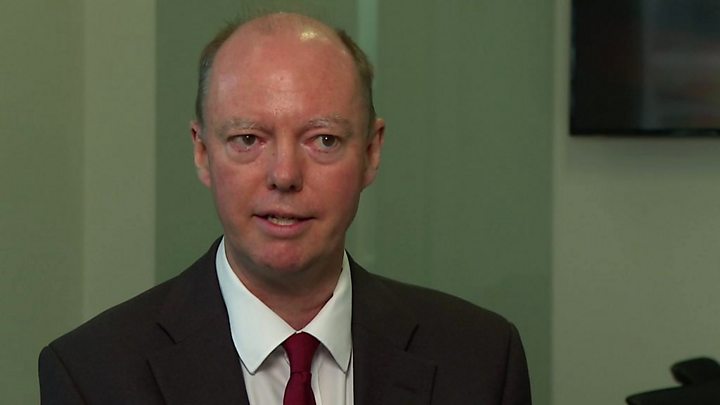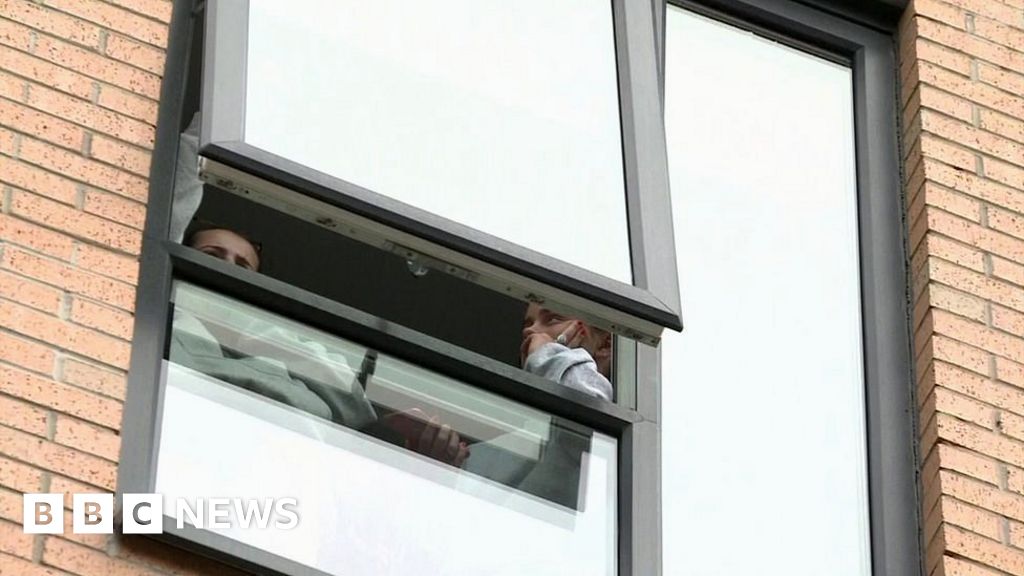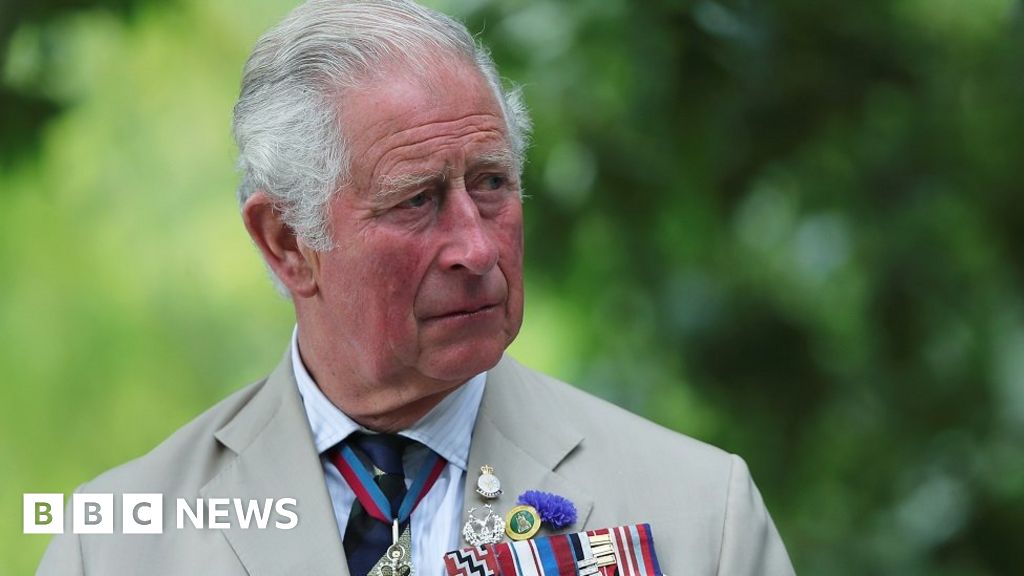 Image copyright
Reuters
Image copyright
Reuters
More staff, extra teaching space and greater clarity on what to do if there is a spike in cases is needed for schools to reopen safely, the UK's largest teaching union has said.
The National Education Union (NEU) accused the government of letting down pupils, teachers and parents by failing to have a "plan B" if infections rise.
The UK's four chief medical officers have insisted it is safe to return.
The education secretary said ministers were doing "everything we can" to help.
Millions of pupils in England, Wales and Northern Ireland are due to return to school in the coming days and weeks. In Scotland, schools have already reopened.
Writing in the Sunday Times, Gavin Williamson said he wanted to reassure every parent and pupil that schools were "ready for them", and the autumn return to schools was "more important than ever" this year.
Meanwhile, a further six deaths have been announced in the UK, bringing the total number of people to have died within 28 days of testing positive for coronavirus to 41,429.
On Saturday, the UK's chief medical adviser warned that children were more likely to be harmed by not returning to the classroom in September than if they catch coronavirus.
Prof Chris Whitty said "the chances of children dying from Covid-19 are incredibly small" - but missing lessons "damages children in the long run".
Kevin Courtney, joint general secretary of the NEU, which represents more than 450,000 members, said the union agreed about the benefits of pupils returning to full-time education, but ministers needed to provide more information on what to do in the event of an outbreak.
"Government advice needs to cover the possible self-isolation of bubbles and, in extremis, moving to rotas or to more limited opening. It needs to cover advice to heads about the protections needed for staff in high-risk categories if infection rates rise."

Media playback is unsupported on your device
Extra staff should be employed and additional teaching space provided so education can continue "in a Covid-secure manner" if infections rise, Mr Courtney said.
He added: "This should include employment of student teachers who have finished their courses and not yet found jobs, as well as mobilisation of supply staff."
In a joint statement, the nations' four chief medical officers said: "The current global pandemic means that there are no risk-free options, but it is important that parents and teachers understand the balance of risks to achieve the best course of action for their children."
The statement said evidence suggested schools were "probably not a common route of transmission".
The NASUWT teachers' union said the "critical importance" of social distancing and hygiene had been reinforced by the chief medical officers' statement.
Of the more than one million children who attended pre-school and primary schools in England in June, 70 children and 128 staff were infected in outbreaks of the virus, according to a Public Health England study published on Sunday.
It is expected that pupils in Northern Ireland going into years seven, 12 and 14 will return to school full-time on Monday, with the rest going back from 31 August. In England and Wales, pupils will return to school from 1 September.
Paul Jackson, headteacher at Manorfield Primary School, Tower Hamlets, east London, told the BBC that it would have been useful to have clearer guidance from the government for school leaders and additional funding to help to pay for extra cleaning and other resources.
"The guidance is issued for all schools. So whether you are a very small school, with maybe just 70 pupils or whether you are a large school like us with 750 pupils, the guidance issued is exactly the same," he said.
Mr Jackson said it was "almost inevitable" that there would be a rise in cases when schools reopened, but it was important that children return to the classroom.
Prof Whitty, who is also England's chief medical officer, said "many more [children] were likely to be harmed by not going than harmed by going" to school.
According to the Office for National Statistics' latest data on ages, there were 10 deaths recorded as "due to Covid-19" among those aged 19 and under in England and Wales between March and June - and 46,725 deaths among those aged 20 and over.
A Department for Education spokesperson said: "We welcome the report from Public Health England, which makes clear that coronavirus infections in schools are extremely rare, as part of the growing evidence base which indicates schools do not appear to be a primary driver of infections in the community."
Are you returning to school or college? Is your child or grandchild? Share your views and experiences by emailing haveyoursay@bbc.co.uk.
Please include a contact number if you are willing to speak to a BBC journalist. You can also get in touch in the following ways:

 5 years ago
1058
5 years ago
1058 
